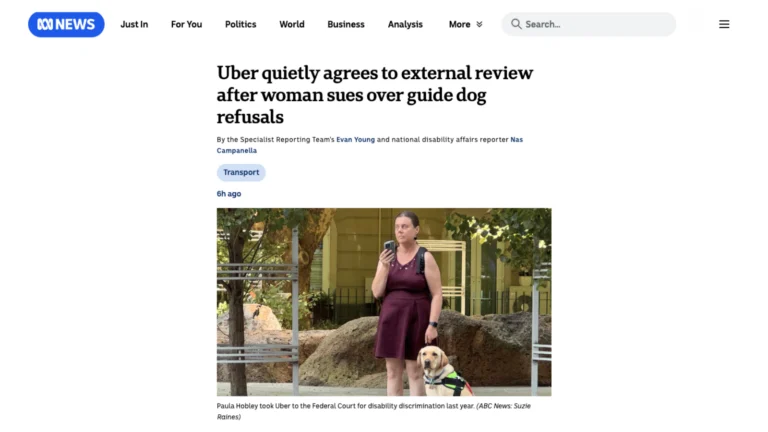Children in out-of-home-care will have access to previously secret legal audit documents held by the department of Family and Community Services, that could result in successful compensation claims to support their transition to independence, following action by PIAC’s Children in Care project (CIC).
We know that children in out-of-home are a particularly vulnerable group that face a unique set of challenges, particularly when they leave care and transition to independence. To identify and address systemic issues that could be changed to better support these children, PIAC established the CIC project, with assistance from Shopfront Youth Legal Centre.
Since early this year, the CIC project has been focussed on ensuring that children leaving care, including kinship care, foster care and residential care, have access to critical Family and Community Services legal advice that could allow them to make claims for compensation, including against the department.
When children leave care, FACS has had a general practice of commissioning a legal audit of their file, to identify any claims they may have, especially in relation to victims’ compensation. However, until now, FACS has frequently withheld the results of this audit from children in their care citing legal privilege – meaning that children with legitimate claims were missing out on taking action because they simply did not know about them.
To highlight this issue, PIAC obtained the legal audits of several children in care, and found that some of them could be a basis for strong claims against the department, or for victims’ compensation, money that they would otherwise be unaware they could claim.
At the NSW Civil and Administrative Tribunal, PIAC also challenged FaCS’ position that they could claim legal professional privilege when the person seeking the audit was the child. As a result of this action, FACS have said that they will no-longer claim legal professional privilege over these audit documents when they are sought by, or on behalf of, the child or young person who was the subject of the file audit.
‘This shift in policy has the potential to make a significant difference to young people leaving care. It means they can know what their legal claims are, and act upon them independently from FACS,’ said PIAC Senior Solicitor, Julia Mansour.
‘It also puts pressure on FACS to act proactively when they receive advice that a child has a claim, and to consult the child about decisions that FACS is making about them’.
‘Children who have already left care can also find out if their files were audited and what claims were recommended.
‘We hope that over time, this will result in children making successful claims that help them to find their feet as they transition to independence,’ said Julia Mansour.


